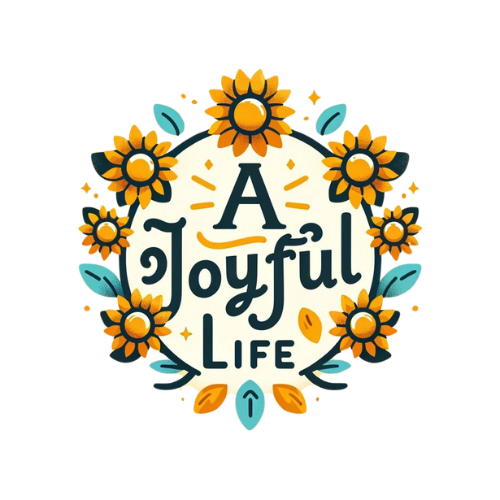The modern work landscape offers more flexibility and freedom than ever before. With the rise of remote work, online platforms, and digital tools, many people are choosing to break away from traditional employment and carve their path. Two of the most popular options? Becoming a freelancer or starting your own business.
While they may look similar from the outside, freelancing and running a business are two very different journeys—each with its perks, challenges, and long-term potential. Whether you’re just starting or thinking of transitioning, this article will help you weigh your options wisely.
Understanding the Key Differences
What is Freelancing?
Freelancers are self-employed individuals who offer their services to clients, usually on a project or hourly basis. Common freelance jobs include writing, graphic design, web development, social media management, and virtual assistance. Freelancers often work alone, handling client communication, project delivery, and invoicing all by themselves.
In freelancing, you are the product—your time, skill, and expertise are what you sell. You can start quickly, often with just a laptop and a portfolio.
What Does It Mean to Own a Business?
Running your own business means creating a system that can operate independently of you. A business can provide services or products, hire employees or subcontractors, and has the potential to scale. You might still be involved in day-to-day work, especially at the start, but a true business model aims to build something bigger than just yourself.
Instead of trading time for money, a business builds value through systems, teams, and assets.
Pros and Cons: Freelancer vs Business Owner
Freelancing: Pros and Cons
Pros:
- Low Start-Up Cost: You can begin freelancing with minimal investment.
- Flexible Schedule: You set your hours and work from anywhere.
- Quick Income: You can start earning as soon as you land your first client.
Cons:
- Income Ceiling: You’re limited by how many hours you can work.
- No Paid Leave or Benefits: If you don’t work, you don’t earn.
- Client Dependency: One or two clients may make up most of your income—if they leave, your cash flow suffers.
Business Ownership: Pros and Cons
Pros:
- Scalability: A business can grow beyond you, increasing income potential.
- Brand Building: A business can build a reputation that lives beyond the founder.
- More Freedom Long-Term: With systems and teams in place, you may eventually work less while earning more.
Cons:
- More Responsibility: From payroll to legal compliance, the buck stops with you.
- Higher Start-Up Cost: You may need to invest in tools, staff, branding, and more.
- Slower Start: Building a business takes time, and you may not see profits right away.
Which One Is Right for You?
Consider Your Goals
If your goal is to earn money quickly with minimal risk, freelancing might be a great start. It allows you to learn valuable skills, understand your target market, and build a client base. Many successful business owners actually begin as freelancers.
However, if you’re dreaming of building something bigger that can eventually run without your constant involvement, owning a business is a better path. It’s harder at the start, but it offers greater long-term freedom and income potential.
Think About Your Personality and Skills
- Are you highly independent and prefer working solo? Freelancing might suit you best.
- Do you enjoy managing people, systems, and strategy? Business ownership may be your calling.
- Are you creative but not fond of administrative work? You might start as a freelancer and later hire help.
- Do you like solving big problems and taking risks? Business ownership offers more challenges and rewards.
You Can Start as a Freelancer and Grow into a Business
Many people don’t need to choose one over the other immediately. In fact, a common and effective path is to begin freelancing, gain experience and stability, then slowly transition into business ownership.
For example, a freelance virtual assistant can begin hiring subcontractors, eventually creating a full-service agency. A freelance graphic designer can build a design studio with a team. It all depends on your vision and how far you want to take it.
In the end, both freelancing and business ownership offer freedom, flexibility, and control over your career, just in different ways. Choose the one that aligns with your current lifestyle and long-term goals. And remember, your path can evolve.
Whether you’re freelancing, starting a business, or still figuring things out, take small steps each day toward your dream life.
Follow A Joyful Life for more practical tips on freelancing, business, and living with purpose.
